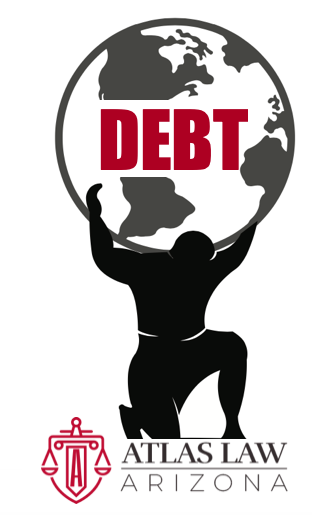Bankruptcy is a legal process that provides individuals and businesses overwhelmed by debt with a fresh financial start. It involves filing a petition in federal court, where debts and assets are evaluated, and a plan is developed to repay creditors or discharge debts.
The most common types of bankruptcy for individuals are Chapter 7 and Chapter 13:
- Chapter 7: Liquidation bankruptcy where non-exempt assets are sold to repay creditors, and remaining qualifying debts are discharged.
- Chapter 13: Reorganization bankruptcy where a repayment plan is created to repay creditors over three to five years, allowing individuals to keep their assets.
Yes, filing for bankruptcy triggers an automatic stay that halts most creditor actions, including collection calls, lawsuits, wage garnishments, and foreclosure proceedings.
In Chapter 7, non-exempt assets may be sold to repay creditors, but exemptions protect essential assets such as your home, car, and personal belongings. Chapter 13 allows you to keep your assets while adhering to a court-approved repayment plan.
Bankruptcy typically remains on your credit report for seven to ten years, depending on the chapter filed. However, its impact lessens over time as you rebuild your credit.

